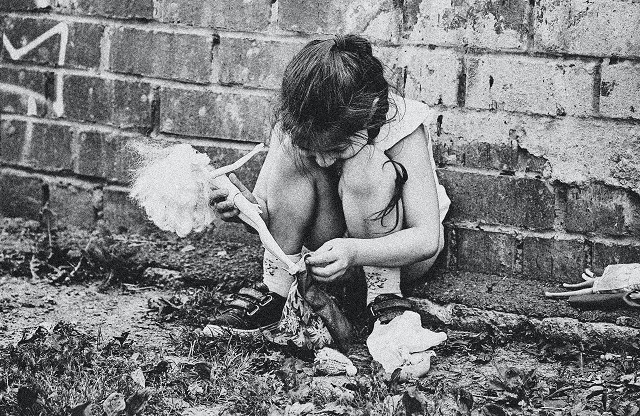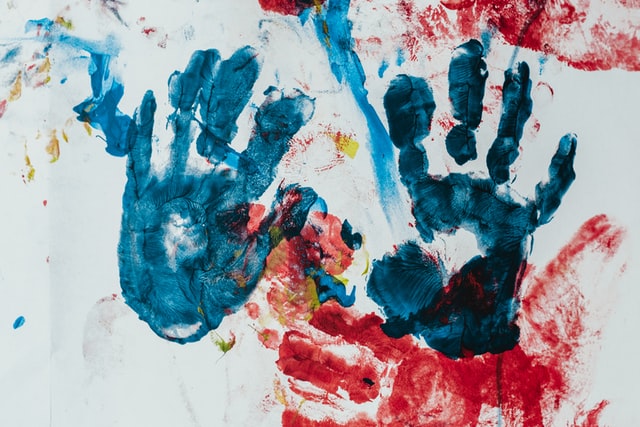New research on the health impacts of adverse childhood experiences
Tue 02 Nov 2021
Findings from a NZ study indicate that adverse childhood experiences can negatively impact physical and mental health in adulthood.

Using data from the 2019 New Zealand Family Violence Survey, University of Auckland researchers Ladan Hashemi, Janet Fanslow, Pauline Gulliver and Tracey McIntosh, looked at whether ACEs affected mental health, physical health and disability in adulthood. They found that adverse childhood experiences were associated with a higher risk of reporting poor mental health, chronic physical health conditions or disability in adulthood.
Adverse childhood experiences (ACEs) include physical abuse, emotional abuse, sexual abuse, witnessing intimate partner violence, household substance use, household mental illness, parental separation or divorce, and incarcerated household member.
The study found that the more ACEs a person reported, the more likely they were to report negative health outcomes and the less likely they were to report positive health outcomes in adulthood. For example, the prevalence of poor mental health was 47% for people who reported four or more ACEs, compared to 17.3% for people with no ACEs. The prevalence of disability was 30% for people with four or more ACEs, compared to 13.6% for people who reported no ACEs. The prevalence of positive mental health was lower for people who reported four or more ACEs, compared to people with no ACEs (62.1% vs 78.6% respectively).
Even when the researchers took into account socio-demographic factors, ACEs were still strongly associated with negative health outcomes. They noted that these results confirm other international research "...that ACEs are detrimental across all income groups." They go on to say that "Policy and programmes to address child poverty are important in their own right, but will not fully mitigate the effect of ACEs."
The researchers also examined positive childhood experiences, an under-researched area. They found that ACEs negatively impacted health even when people also reported positive childhood experiences. However, they note this area needs further research to explore the type and amount of positive childhood experiences that might mitigate negative impacts from ACEs.
The researchers conclude that the:
"Findings of this study indicate that increased investment in prevention and treatment is needed to mitigate the deleterious effects of ACEs on health. ACEs screening during standard physical and mental health care for adults could help clinicians identify those at risk of physical and mental health problems who may need extra support or trauma-informed services."
They also highlight that children may experience ACEs as a result of structural factors such as child poverty, discrimination, racism and colonisation, writing "...these are underlying issues that also need dismantling."
The article, Exploring the health burden of cumulative and specific adverse childhood experiences in New Zealand: Results from a population-based study, was published in the journal Child Abuse & Neglect.
See our news stories below for other articles based on the 2019 New Zealand Family Violence Survey.
Related news
The Adolescent Health Research Group has published a new brief that explores student feelings of safety and experiences of physical and sexual violence between 2001 and 2019. The Safety and Violence: Youth19 Brief summarises statistics on safety and violence from the Youth19 and previous Youth2000 surveys. It includes findings on violence by adults at home, being hit or physically harmed by others and unwanted sexual experiences, sexual violence or abuse.
Related media
New Zealand belongs on 'international roll of shame' on children's wellbeing, Stuff, 22.10.2021
Image: Bulat Khamitov from Pexels







